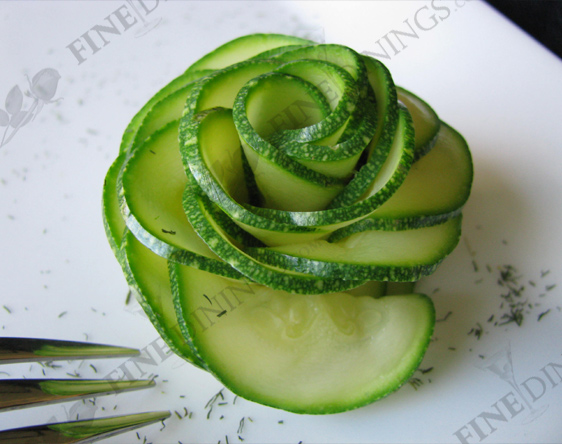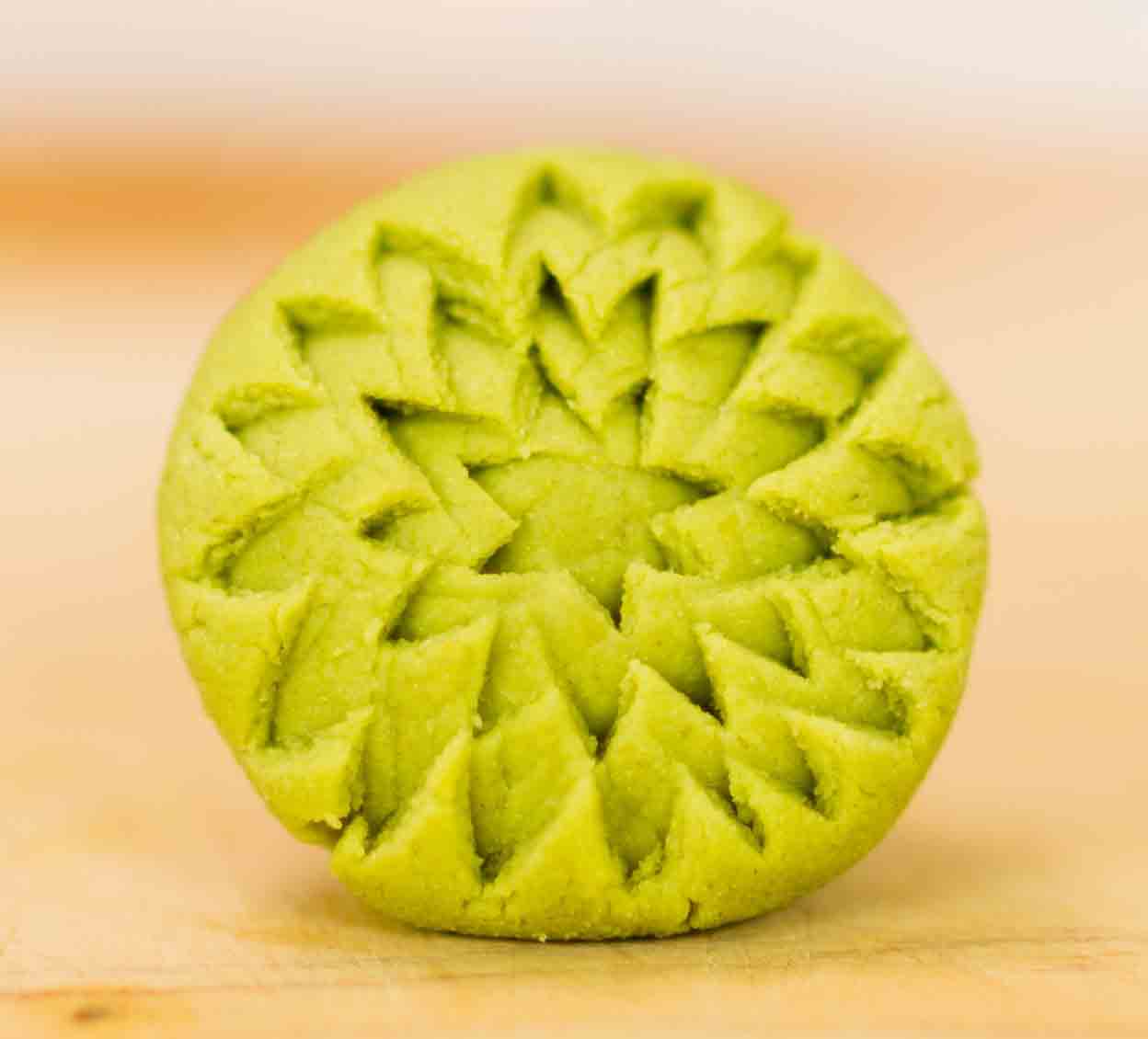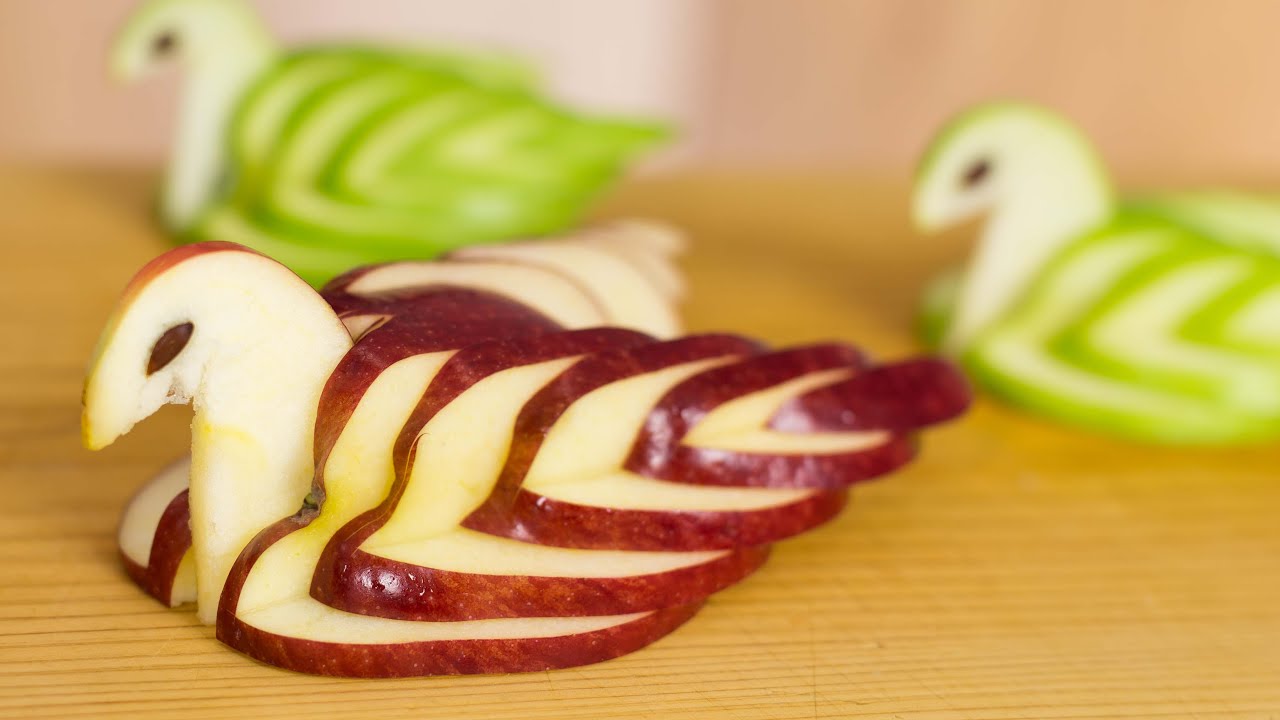
verb (used with object)
- to provide or supply with something ornamental; adorn; decorate.
- to provide (a food) with something that adds flavor, decorative color, etc.: to garnish boiled potatoes with chopped parsley.
- Law.
- to attach (as money due or property belonging to a debtor) by garnishment; garnishee: The court garnished his wages when he refused to pay child support.
- to summon in, so as to take part in litigation already pending between others.
noun
- something placed around or on a food or in a beverage to add flavor, decorative color, etc.
- adornment or decoration.
- Chiefly British. a fee formerly demanded of a new convict or worker by the warden, boss, or fellow prisoners or workers.
verb (tr)
- to decorate; trim
- to add something to (food) in order to improve its appearance or flavour
- law
- to serve with notice of proceedings; warn
- obsoleteto summon to proceedings already in progress
- to attach (a debt)
- slang to extort money from
noun
- a decoration; trimming
- something, such as parsley, added to a dish for its flavour or decorative effect
- obsolete, slang a payment illegally extorted, as from a prisoner by his jailer
late 14c., from Old French garniss-, present participle stem of garnir “provide, furnish; fortify, reinforce,” from a Germanic stem related to Proto-Germanic *warnejan “be cautious, guard, provide for” (cf. Old High German warnon “to take heed,” Old English warnian “to take warning, beware;” see warn). Sense evolution is from “arm oneself” to “fit out” to “embellish,” which was the earliest meaning in English, though the others also were used in Middle English. Culinary sense of “to decorate a dish for the table” predominated after c.1700. Older meaning survives in legal sense of “warning of attachment of funds” (1570s). Related: Garnished; garnishing.
late 14c., “set of tableware” (probably a dozen; usually pewter), from garnish (v.). Sense of “embellishments to food” is from 1670s.
 Liberal Dictionary English Dictionary
Liberal Dictionary English Dictionary




